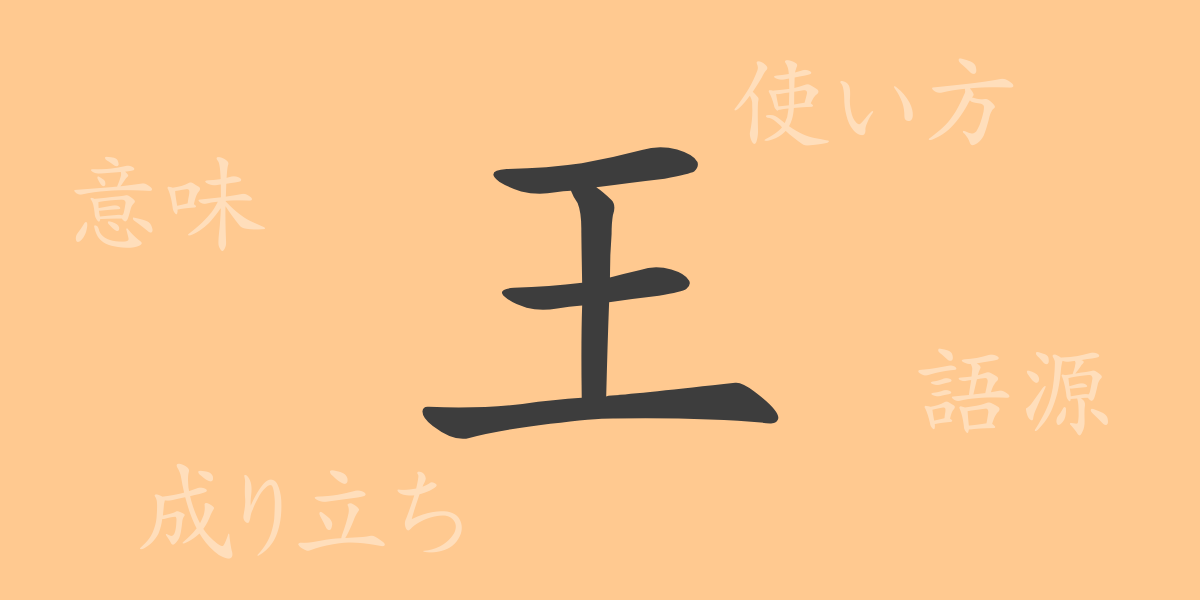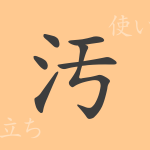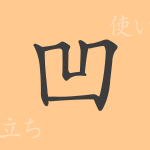“
Kanji, deeply rooted in Japanese culture, are like mirrors reflecting the history and philosophy behind the language. Among them, the kanji “”王”” ( ō) has been used as a symbol of power, dignity, and leadership from ancient times to the present day. In this article, we will focus on the kanji “”王”” (おう, ō) and delve into its origin, meaning, usage, and how it is used in the Japanese language.
The Origin (Etymology) of 王 (Ō)
The kanji “”王”” (ō) originates from ancient Chinese pictographs. The three horizontal strokes are said to represent heaven, earth, and people, while the vertical stroke in the center symbolizes the “”王”” ( ō) who governs them. The concept of “”王”” ( ō) as a being who rules over heaven, earth, and people embodies the idea of the divine right of kings in ancient China, referring to an existence that combines absolute power and sacredness.
The Meaning and Usage of 王 (Ō)
The character “”王”” ( ō) generally means “”the supreme ruler of a country”” or “”monarch.”” It can also refer to the strongest piece in chess or the highest card in a deck of playing cards, known as the “”King.”” Furthermore, it can be used metaphorically to describe “”the most outstanding person in a particular field”” or “”the one at the top.””
Reading, Stroke Count, and Radical of 王 ( Ō)
Basic information about the kanji “”王”” (ō) is as follows:
- Reading: The on’yomi is “”ō,”” and the kun’yomi can be read as “”kimi”” or “”oo-.””
- Stroke Count: “”王”” (ō) consists of 4 strokes, combining vertical and horizontal strokes.
- Radical: The radical of “”王”” ( ō) is “”王”” (ō) itself, classified as the “”王部”” ( ōbu, king radical).
Idioms, Phrases, and Proverbs Using 王 ( Ō) and Their Meanings
There are many idioms, phrases, and proverbs in Japanese that include the kanji “”王”” (ō). For example, “”王道を往く”” (ōdō- wo- yu-ku) means to follow the correct path, or the righteous way. “”王手”” (ōte) refers to a check on the opponent’s king in chess or a state where victory is almost certain, just one step away. Another example is “”王者の風格”” (ōja -no- fūkaku), which describes the dignified attitude or elegance befitting a monarch or champion.
Summary of 王 (Ō)
The meaning and background of a single kanji character encapsulate the culture and history of the country. The kanji “”王”” ( ō) is no exception, playing a crucial role in symbolizing authority and dignity, from its shape to its etymology, meaning, and usage. In modern Japan, this kanji is still used in various contexts, continuing to move people’s hearts through the power of language.
“

























